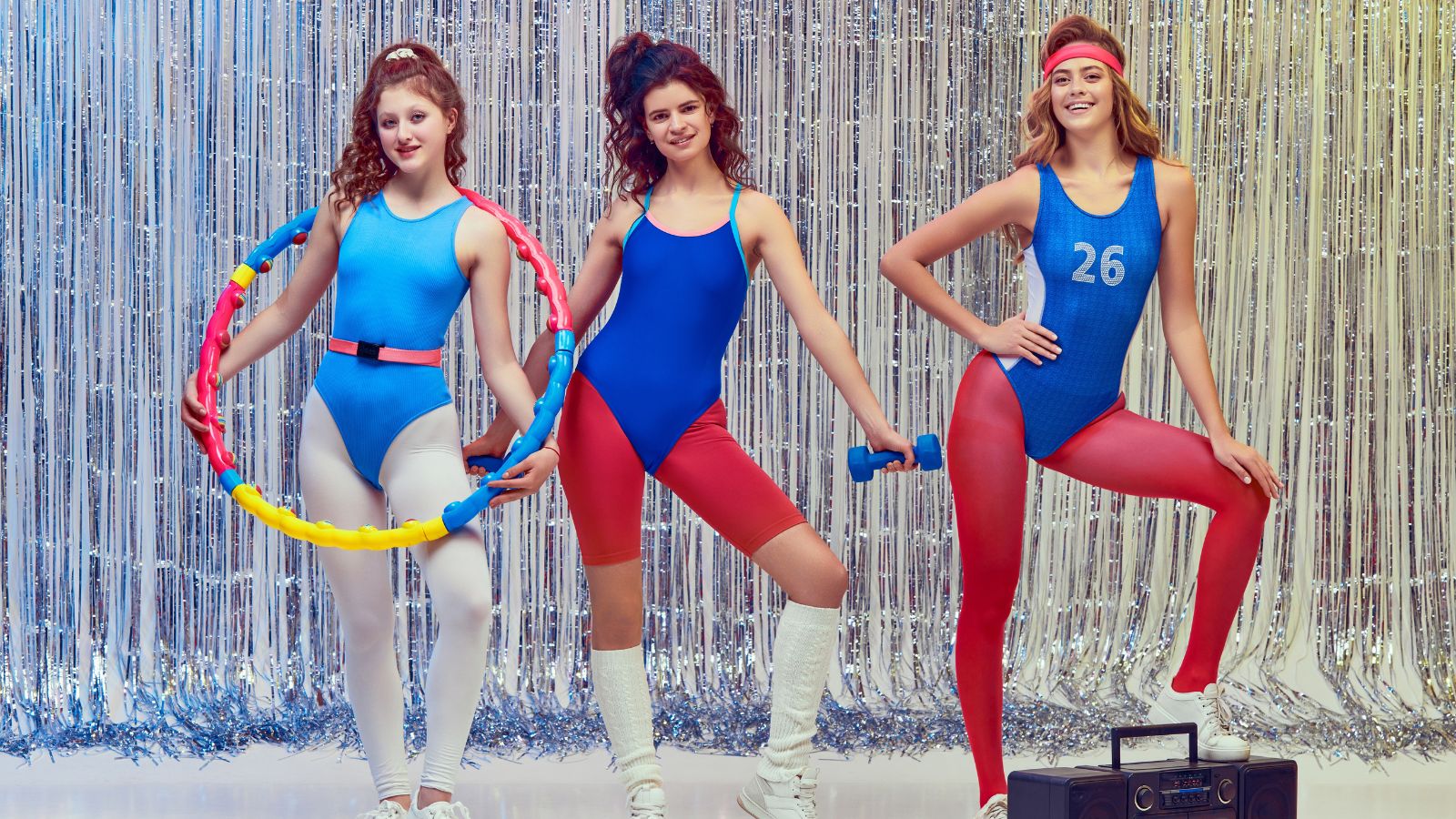The 1970s were a time of disco fever, bell-bottoms, and funky vibes. While many of us look back on this decade with nostalgia, not everything from the '70s has aged well. From fashion choices to social norms, certain things from back in the day might induce a stern glance from younger generations. Let’s look at 18 things from the '70s that wouldn't be okay today.
Smoking Everywhere
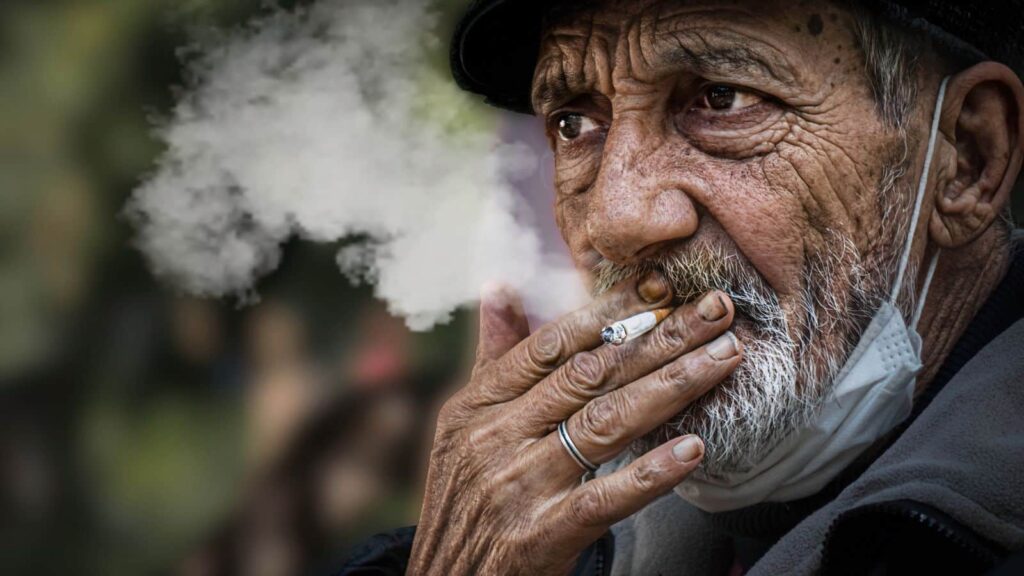
Back in the '70s, smoking indoors, in offices, and even on airplanes was common. Today, strict smoking bans exist to protect public health, and the idea of lighting up in a non-smoking area would raise eyebrows and complaints. Plus, it’s all about vaping nowadays.
Casual Sexism
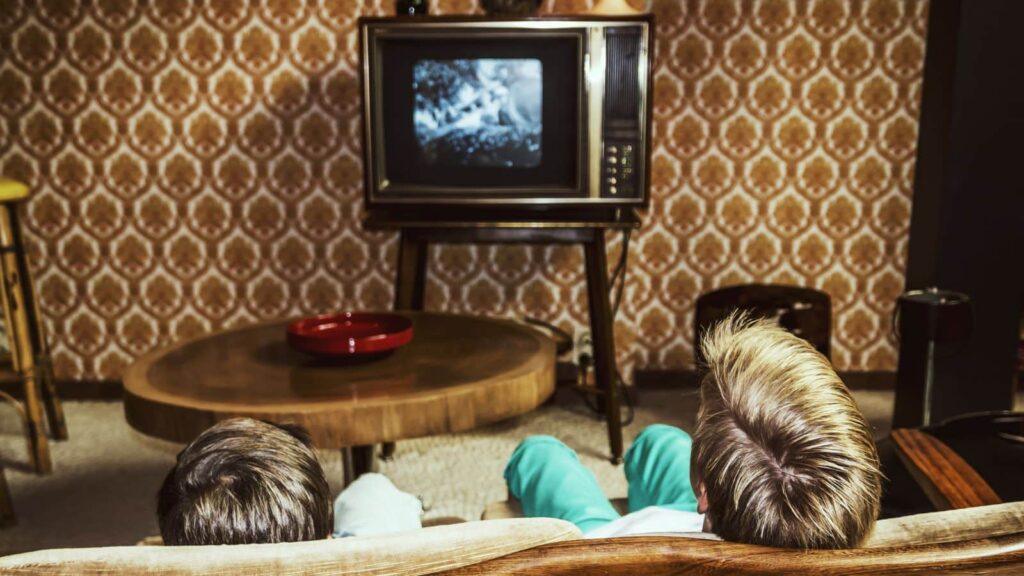
TV shows, movies, and advertisements often featured sexist themes and objectified women. They were pretty much overlooked at the time, but looking back at certain TV shows, it’s hard to understand how they were tolerated. Modern society pushes for gender equality and respect, making any form of casual sexism unacceptable.
Lead Paint
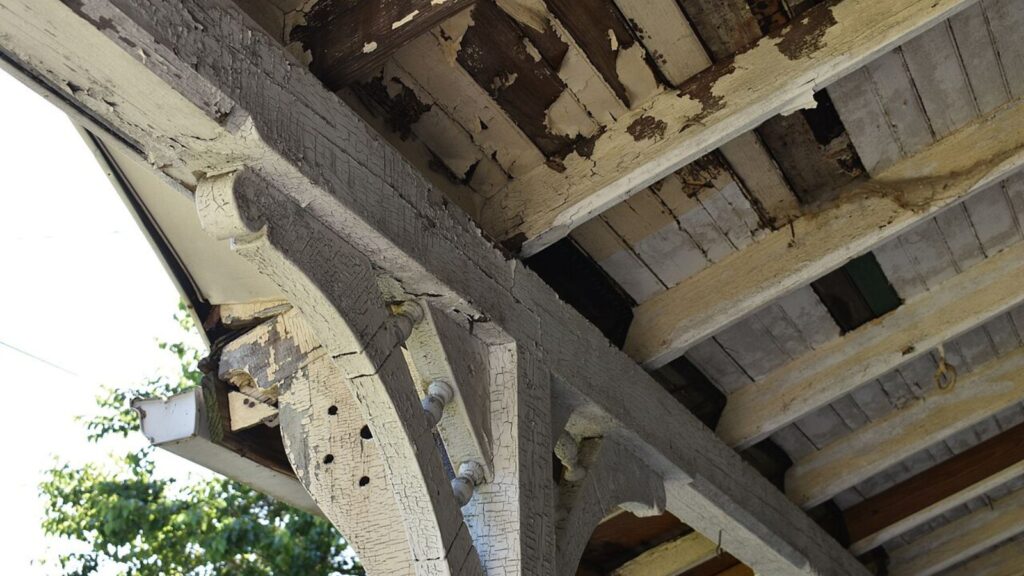
Younger generations have little idea of the issues that surrounded lead paint back in the day. It was widely used in homes and toys during the '70s. Today, we’ve learned that lead exposure can cause serious health issues, and it's strictly regulated to prevent poisoning. It’s a positive move.
No Seatbelts
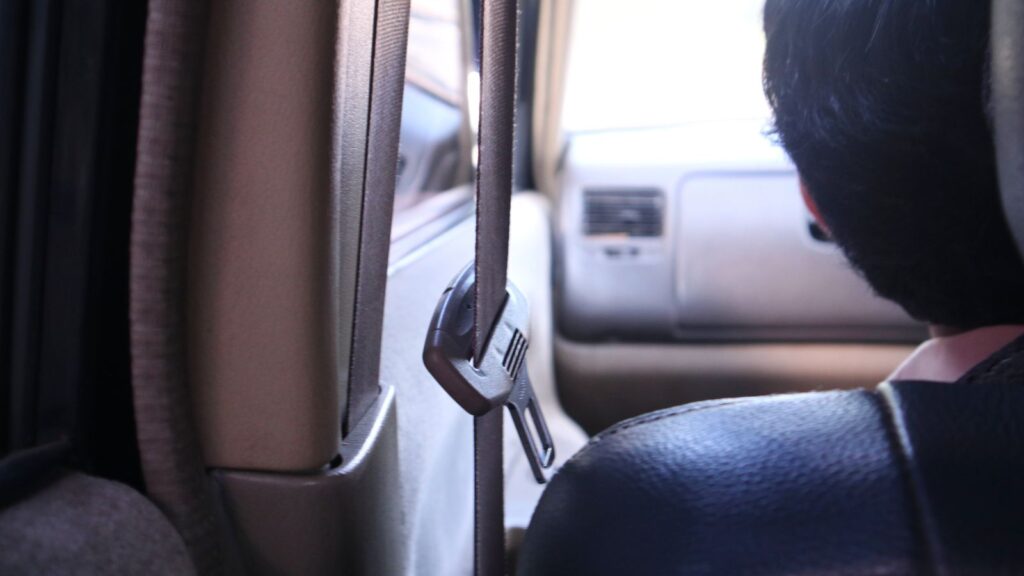
It’s hard to believe, but many cars in the '70s didn't have seatbelts, and it wasn't uncommon for people to ride without them. Modern car safety standards and laws now mandate seatbelt use to reduce fatalities and injuries. Can you imagine driving without strapping your seatbelt across your chest? No way.
Racial Stereotyping
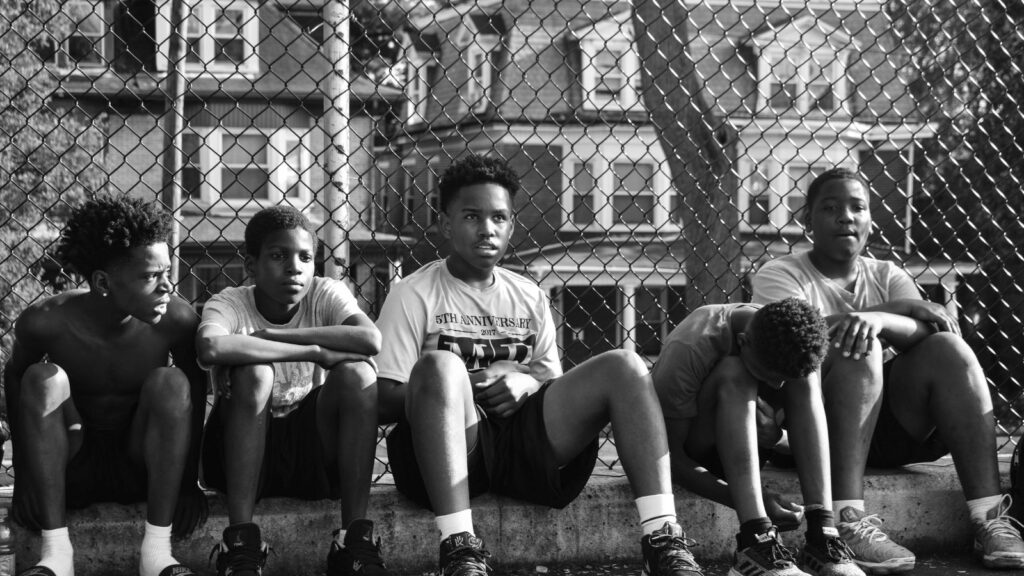
Racial stereotypes were rampant in '70s media, and no one spoke up about it. Sadly, it contributed to harmful biases and discrimination that had negative impacts on certain demographics. Today, there's a greater emphasis on diversity and representation, making these portrayals unacceptable. All walks of life are better represented, and it’s only improving.
Disco Suits

As flashy as they were, those tight, polyester disco suits would be seen as fashion disasters today. They weren’t the best, and they couldn’t have been the most comfortable items in one’s wardrobe. The comfort and style of modern fabrics and designs have made those old trends laughable relics. They’re still great for fancy dress, though.
Drunk Driving
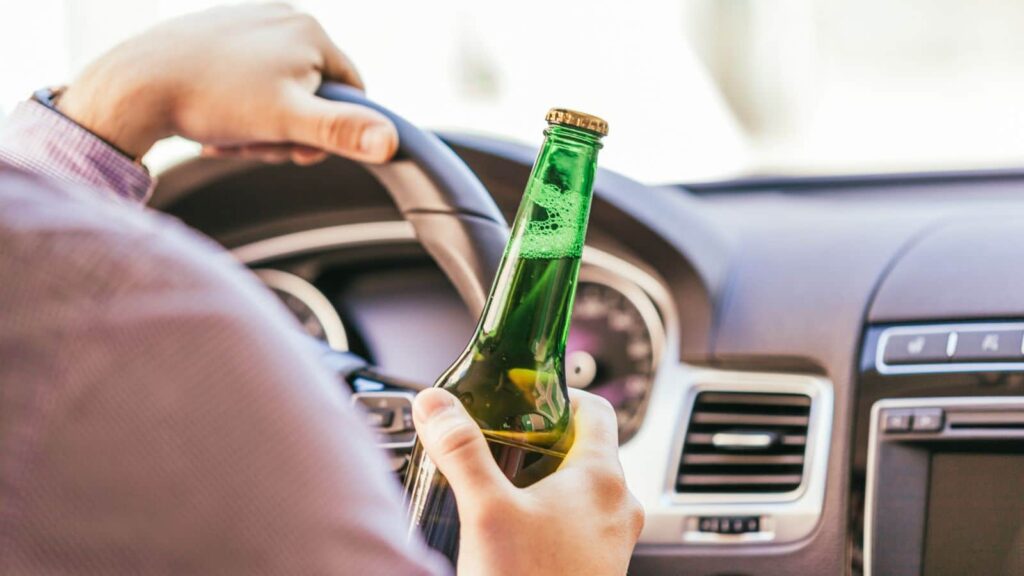
Attitudes towards drunk driving were much more lenient in the '70s, and we’re grateful for the immense evolution of driving laws. Today, we recognize the severe dangers of driving under the influence, and there are strict laws and awareness campaigns to prevent it.
Corporal Punishment in Schools
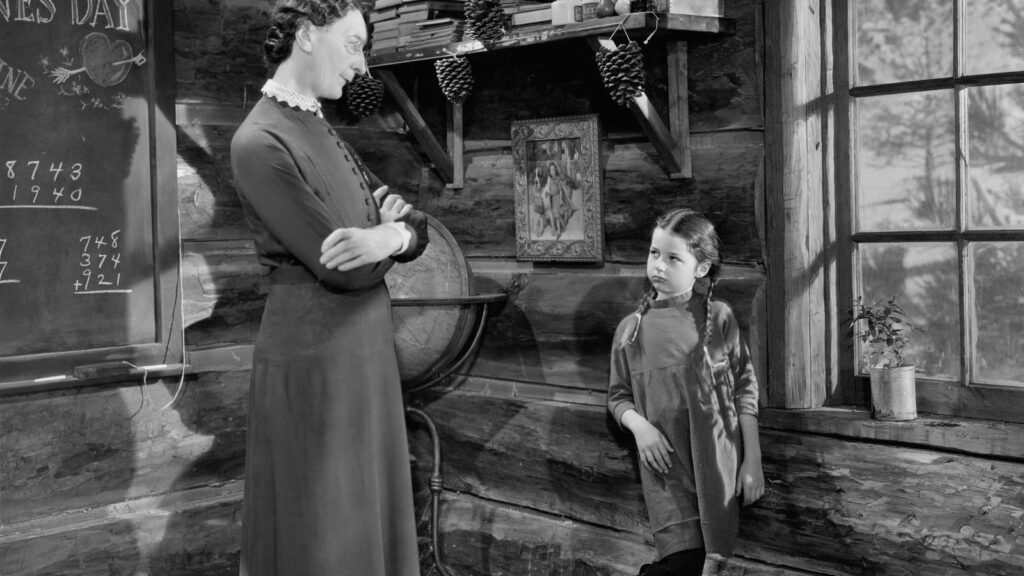
Many '70s kids feared a whipping or a smack if they acted up at school, so it’s no wonder that they kept their opinions to themselves. Physical punishment was a common disciplinary method in schools. It’s widely condemned in the modern era, with an emphasis on positive behavioral support and non-violent discipline. Thankfully.
Unsafe Playgrounds

Playground equipment was vastly different from the fantastic offerings kids have these days. In the 1970s, there were hard surfaces and dangerous designs. Modern safety standards call for softer surfaces and safer structures to protect children from injury. That’s less bruised knees and black eyes for the little ones.
Animal Testing in Cosmetics
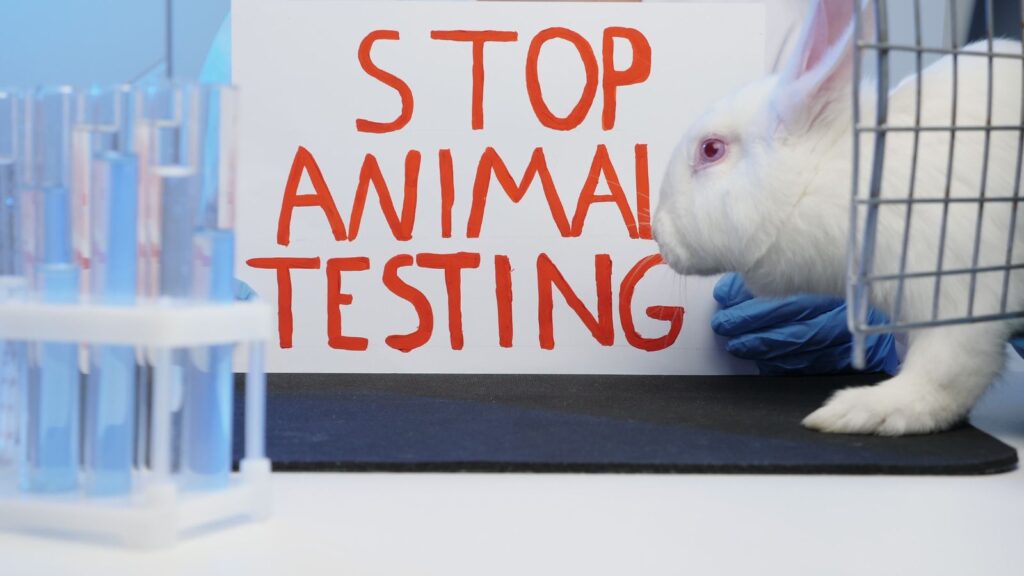
Cosmetic companies frequently tested products on animals back in the '70s, and consumers turned a blind eye to it. There were few alternative options at the time, but there's now a significant movement towards cruelty-free products, with many companies banning animal testing altogether.
Misogynistic Jokes
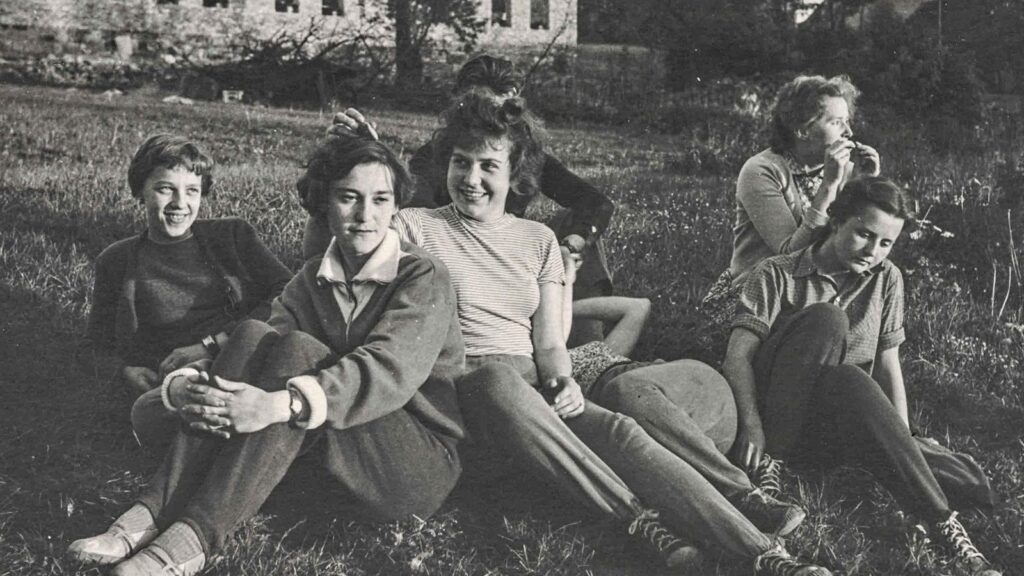
Jokes at the expense of women were commonplace in 1970s comedy. It might have been regarded as funny at the time, but modern women have chosen to reject such unfair treatment. Modern audiences demand more respectful and inclusive humor, making sexist jokes outdated and offensive. Good on them.
Lawn Darts

It was a highly popular backyard game in the '70s that involved heavy, sharp darts. It’s of little surprise that it led to numerous injuries. Modern safety standards have banned dangerous toys like lawn darts and replaced them with more user-friendly options.
Casual Homophobia
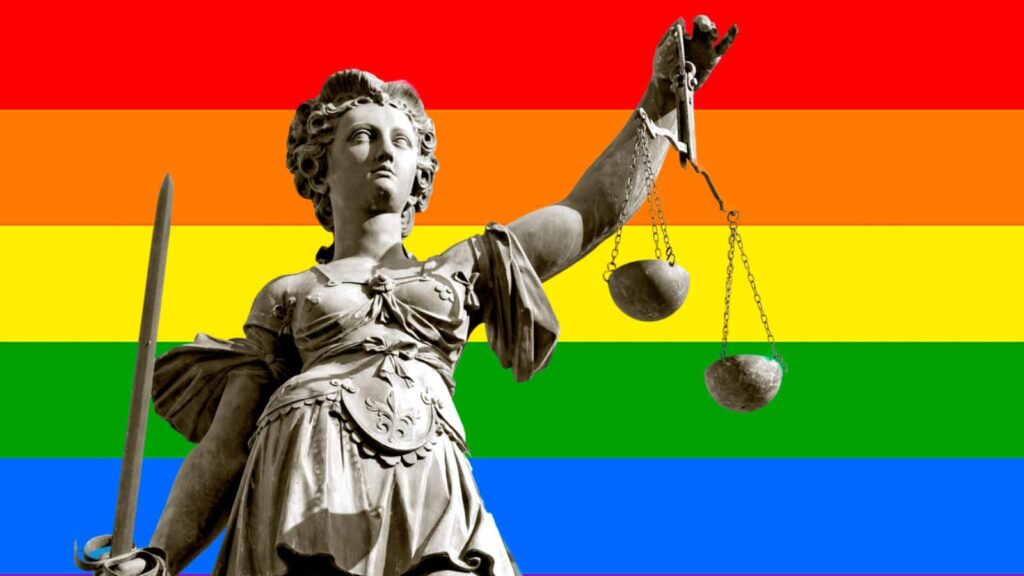
Homophobic language and attitudes were widespread and socially accepted at one time, a poor value that is constantly being corrected in recent times. There's now a greater awareness and acceptance of LGBTQ+ rights, and any alternative behavior is considered discriminatory and hurtful.
Dated Dietary Guidelines

The 1970s promoted questionable dietary fads like low-fat everything, and we’ve since come to learn that it didn’t serve us well. Current nutrition advice emphasizes balanced diets, whole foods, and healthy fats, debunking many of those old myths. We can finally eat our favorite foods without feeling too guilty about it.
Unrestrained Children in Cars

Back then, it wasn't uncommon to see kids bouncing around the backseat without car seats. How they got away with such slack laws, we’ll never know. Today, strict laws and a better understanding of child safety make car seats and seat belts mandatory.
Workplace Harassment

Sexual harassment in the workplace was once ignored or accepted, and women, mainly, were subject to improper treatment to protect their careers. Modern laws and societal norms demand a safe and respectful work environment with zero tolerance for harassment. There’s no place for it in the modern era.
Dated Beauty Standards
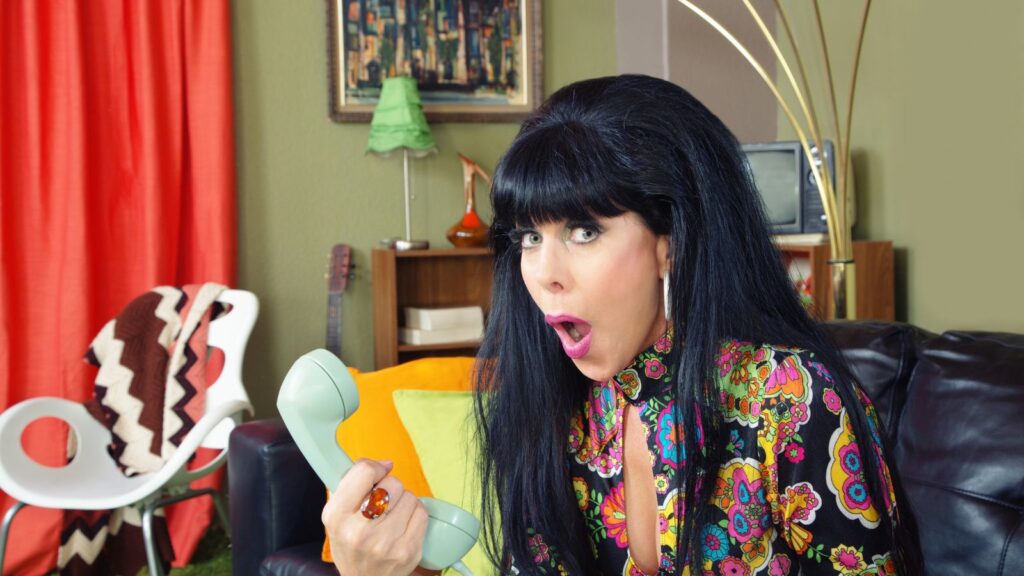
While we still see misleading representations of beauty on modern platforms, today's focus is more on body positivity and diverse representations of beauty. Beauty ideals in the 1970s often promoted unrealistic and unhealthy body images, and we’re still pushing for a greater sense of transparency. There’s still a way to go, but it’s a move for the better.
Misinformation about Mental Health
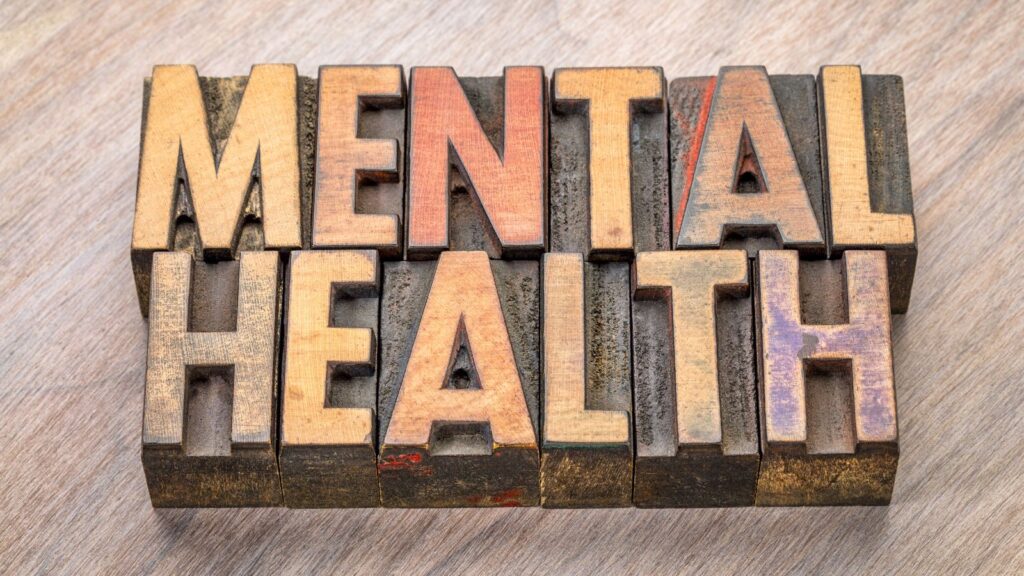
Mental health issues were stigmatized and misunderstood in the '70s. It wasn’t talked about openly, and few outlets supported people who were struggling mentally. Thankfully, there's a much greater awareness and acceptance nowadays, with better resources and support for those struggling with mental health.
30 Traditional Sayings That Are Now Considered Offensive by Woke Culture

30 Traditional Sayings That Are Now Considered Offensive by Woke Culture
21 Habits Often Associated With Having a Lower Social Status

21 Habits Often Associated With Having a Lower Social Status
25 Social Issues Gen Z are Determined to Cancel

